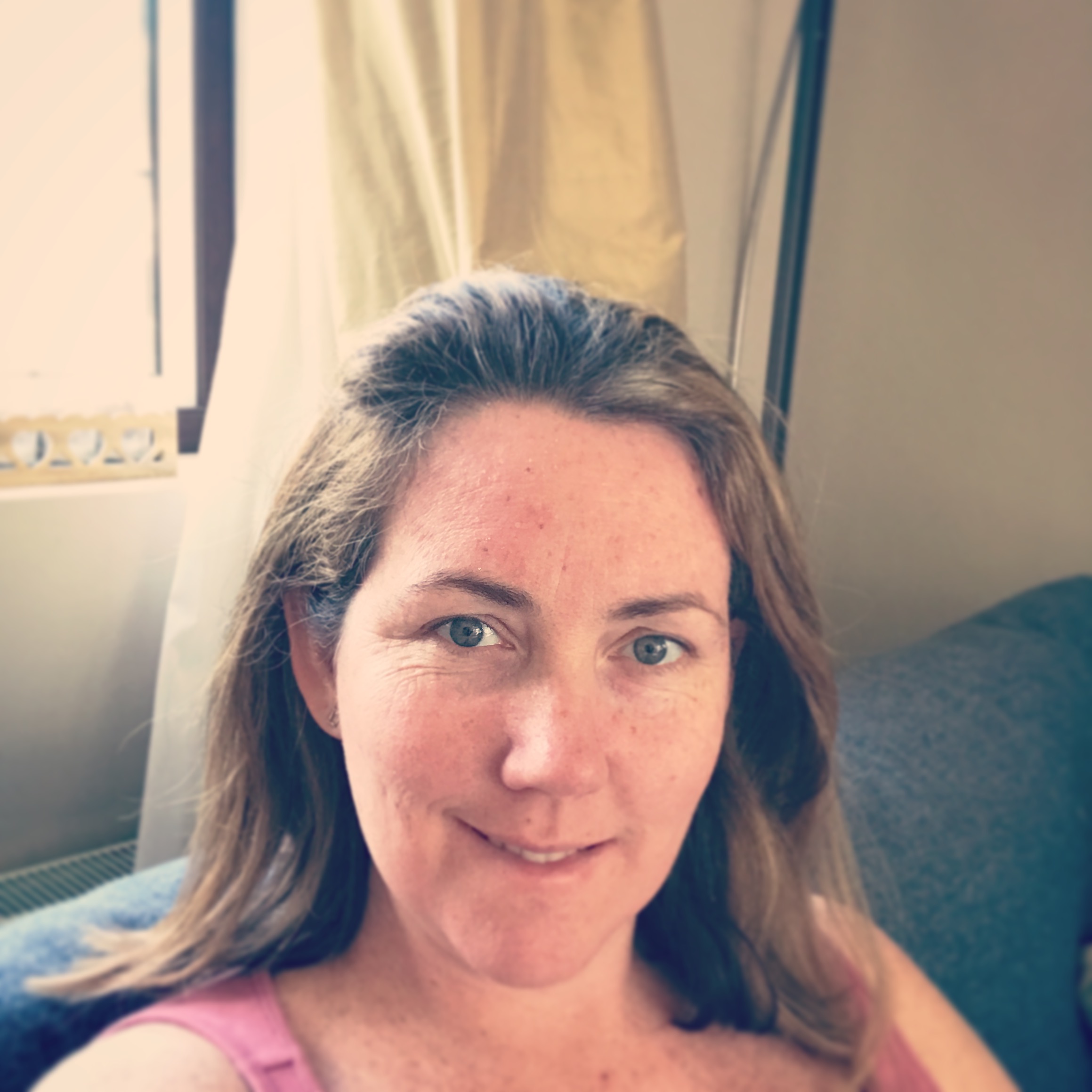The day of my first assessment for autism passed by quickly. After a morning of nerves and a delayed start, I spent time talking with the psychologist and then it was over. I was back in the world with a professional view that I am autistic. In a short space of time my questions were answered, only to be replaced with a new set of questions.
Below is the first part of an entry I wrote the day after my assessment, which is about the assessment itself.
First things first, I am autistic.
That, is the professional view of the clinical psychologist who saw me yesterday. I hadn't expected to get a view so soon, as I thought that it would only be determined after the longer assessment which will involve a series of psychometric tests. So, there you go ... I was one of the pool of undiagnosed mothers, and I am feeling [as yet to be determined].
So back to the assessment. It did not get off to an auspicious start. I turned up more than an hour late, desperate for the loo, stressed out, and with a good portion of my coffee down the front of my dress.
Not my finest moment!
It started going wrong when I was so busy thinking about the assessment that I missed the motorway turn-off and had to drive an extra 30km to loop back to the missed junction. Knowing I was going to be late, and unable to get through to the office, I started panicking that they would cancel my appointment. Even after a call to my husband and his promise to contact the office, I couldn't calm down. I was late, and everything was wrong. Then to top it off, there was no parking when I eventually got there ... cue meltdown in the car, three attempts to park in the only spare space, another call to my husband to pay for the Ringo parking, and a mad dash to the office as I worried about being so late. Missing my mouth as I tried to finish off my cold coffee was the icing on the cake.
Thankfully there were no more incidents during the assessment.
After a discussion woth the psychologist about his credentials and his experience in diagnosing adult women (as opposed to kids and men), I felt assured that I was in good hands. My key concern was that someone would spend hours listening to me speak and then tell me that I would need to go speak to someone else to confirm any diagnosis. I also didn't want someone who would just tell me I was autistic because they thought that was what I wanted to hear. After all, this is about me understanding myself and wanting to tackle my ongoing anxiety.
I had filled in a number of forms before the assessment. We spoke through my answers to the form, my experiences, and the reasons I thought I might be autistic. We talked about my son who was diagnosed as autistic three years ago. We discussed my struggles at work, home and in social situations. We talked about my job, what I do for a living, and the repeated feedback I received about needing to work on my people skills and communication style. We spoke about my mini obsessions, when they are most likely to occur, my ongoing struggles with anxiety and my often feeling like an outsider or displaced in crowds. Lastly, we chatted about my home-life and our family dynamics.
It wasn't as emotional as counselling ... in fact, it was pretty unemotional as I recited the facts of my life and he made notes.
Towards the end of the session, I was surprised when he mentioned that he felt that there was enough from what we discussed to suggest autism. I didn't know how to respond, so I didn't acknowledge it. Instead, I focused on next steps. The discussion ended with the psychologist outlining the additional assessments which can provide insights into my areas of strengths/ weaknesses, and options for helping me to address some of the specific issues that I have been struggling with. It felt strange to hear someone talking to me about disabilities, the equality act and reasonable adjustments in relation to my struggles to get on with other people in the workplace.
I don't want this to be viewed as a disability. I just want to understand more about why I struggle with things the way I do, and what can be done differently to help me succeed without being hampered by these challenges.
I am not quite ready to tell the world and I have been processing it all day to understand what I think it means for me. One thing I do know is that I feel very different compared to when my son was diagnosed. With him, I cried for his future ... today I cried for my past.
In my next post, I talk about my feelings after processing my diagnosis.

